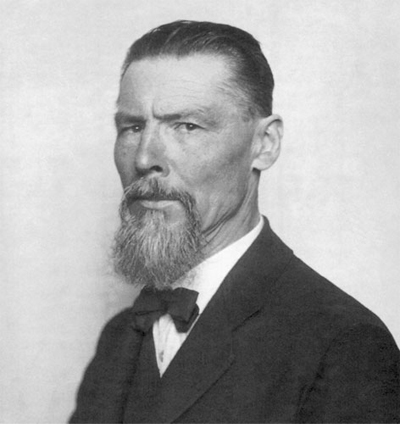(last entry was emailed)
In this entry I will attempt to cover the next section of Zizek's book, "The Structure of Enemy Propaganda."
In the last section, we saw how ideology is often used to defend the current functioning political system against any opposition by saying it is the only system that aligns with unalterable human nature. Alain Badiou (
The Communist Hypothesis) postulated that all enemy propaganda fights something to which it is structurally blind; it does not fight direct counter-forces, but the
possibilities of such threats. Propaganda is cynical in that it truly believes its on words, that it is the least bad option, and that any other option or system would just make things worse.
The financial world is a semblance of the reality of social conventions. It rests on a cornerstone, something the psychologist Lacan called "the subject supposed to know." The players in the stock market and other speculators base their actions on the words of these "subjects supposed to know," i.e. the top economists, authorities, politicians, etc. But if this subject falters in any way, panic effectively ensues. The funny thing is, the subjects supposed to know were already of little importance because of deregulation, and the belief that the market economy is always cyclical and depends on the masses themselves. And so, whenever there is an economic crisis, the people become angry with their subjects supposed to know, and this lasts until the time comes to reconstruct new subjects to advise ways to escape the crisis. An example of this subject was Alan Greenspan. When he came under fire during the credit meltdown, being accused of failing to regulate too-low interest rates on mortgages and encouraging fraudulent banking activities, he claimed that he was shocked to find out that the ruling ideology of free-market self-interest had failed. It is evident, then, that Greenspan believed the ridiculous premise that lending institutions would act responsibly in the short-term to avoid long-term explosions, forgetting that these same institutions knew the government would bail them out if it ever came to long-term problems. Similarly, in today's digitalized capitalism where big corporations can also interfere on a major level with people's private lives, many forget that state regulation is oftentimes needed to protect the very autonomy it is supposed, by the libertarians, to endanger.
Thomas Frank, in his book
What's the Matter with Kansas? How Conservatives Won the Heart of America, outlined how the underlying social class dichotomy between the blue-collar working class and the wealthy lawyers, bankers, etc. has been transposed into a (false) dichotomy between "hard-working, honest, Christian Americans" and liberal (in today's sense), decadent, internationally-focused snobs. And so they stand for an economic policy of "fewer taxes, fewer regulation," which effectively frees up the big corporations to exploit the working class and drive the "hard-working, honest" Americans out of business. Populist conservatism shoots itself in the foot.
So if these "Sormanesque" versions of capitalism are too blunt and paradoxical to be considered hegemonic, what is today's hegemonic form of global capitalism? The answer is eco-capitalism, or green capitalism. Capitalism is shifting from a material-based to a spiritual/humanitarian-based paradigm. The ruling belief is that invisible hand market forces can be used to counteract humanitarian issues such as world poverty, eco-disasters, hunger, etc. Could it be that capitalism has even lost its psychological appeal? Are these rich investors finding that they need a meaning for their lives other than simply generating endless profit? The problems with eco-capitalism will be discussed later, but it is evident that the former ideological Real of capitalism (individualist greed, cheap labor, managerial society, technological innovation) is being separated from its social reality (relations between people in consumer/producer society) and transformed into a spiritual/"green" Real while keeping the social relations intact.
Visuals of modern ideological examples:

Alan Greenspan

Tea Party Protests



 Predjama Castle
Predjama Castle
 Alan Greenspan
Alan Greenspan Tea Party Protests
Tea Party Protests



